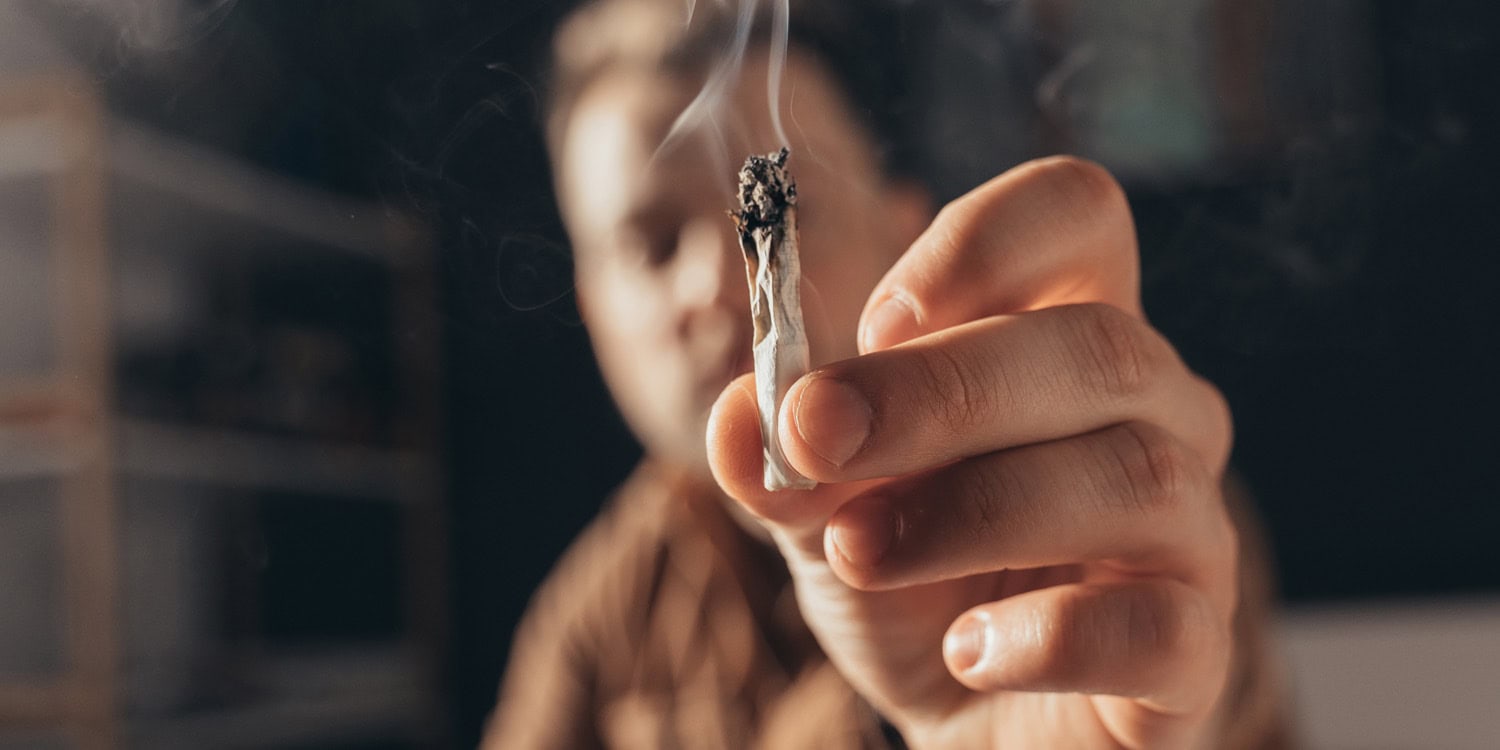Recreational cannabis laws are associated with a 20% increase in intimate partner violence (IPV) incidents, as published in Economics & Human Biology.
Cannabis has been at the center of public policy debates, especially after several states in the U.S. began legalizing its use for recreational purposes. Proponents of these laws often cite potential benefits such as reduced opioid usage and decreased crime rates. However, the effects of cannabis consumption are not without controversy, as some research suggests it may have detrimental effects on mental health, potentially leading to increased paranoia, aggression, and violent behavior.
Michele Baggio and colleagues explored this potential connection between recreational cannabis legalization and IPV, considering the growing acceptance of cannabis as a relatively harmless substance.
IPV is a significant public health issue, affecting millions of people each year, making it crucial to understand the broader consequences of policy changes like cannabis legalization. The researchers examined how the legalization of cannabis for recreational use impacts IPV rates across U.S. states over a 10-year period.
The research team used a difference-in-differences approach, analyzing data from 2006 to 2016 across 39 U.S. states. This method allowed them to compare changes in IPV rates before and after the implementation of recreational cannabis laws in states that enacted them against those that did not. The primary dataset was drawn from the National Incident-Based Reporting System (NIBRS), which records detailed information about criminal incidents, including the victim-offender relationship, essential for identifying IPV cases.
The researchers included several control variables to account for differences across states, such as demographic factors, state-level economic conditions, and other relevant laws (e.g., medical cannabis laws). The study’s final sample comprised data from 1,611 counties across 132 months. The primary outcome of interest was the number of IPV incidents per 100,000 individuals, comparing IPV rates before and after recreational cannabis legalization.
The results indicated that recreational cannabis legalization was associated with a significant increase in IPV rates. Specifically, the legalization of recreational cannabis led to a 20% increase in IPV incidents per 100,000 people in the states that enacted these laws. This increase was consistent across various model specifications, and the findings remained robust even when accounting for state-level demographic and economic factors.
The study further highlighted that poor mental health and binge drinking were potential mediators. That is, in states where recreational cannabis use was legalized, individuals reported higher incidences of poor mental health and binge drinking, both of which are known contributors to IPV.
The researchers also found that the increase in IPV rates was particularly pronounced among White offenders and victims, with less significant effects observed among African American couples.
One limitation of the study is the potential underreporting of IPV incidents, especially in demographic groups such as African Americans. This may have resulted in conservative estimates of the true impact of recreational cannabis legalization on IPV rates.
The findings suggest that recreational cannabis legalization may have unintended consequences for IPV rates, underscoring the need for preventive policies to address this issue.
The study, “High times and troubled relationships: Recreational marijuana laws and intimate partner violence”, was authored by Michele Baggio, Alberto Chong, and Revathy Suryanarayana.




